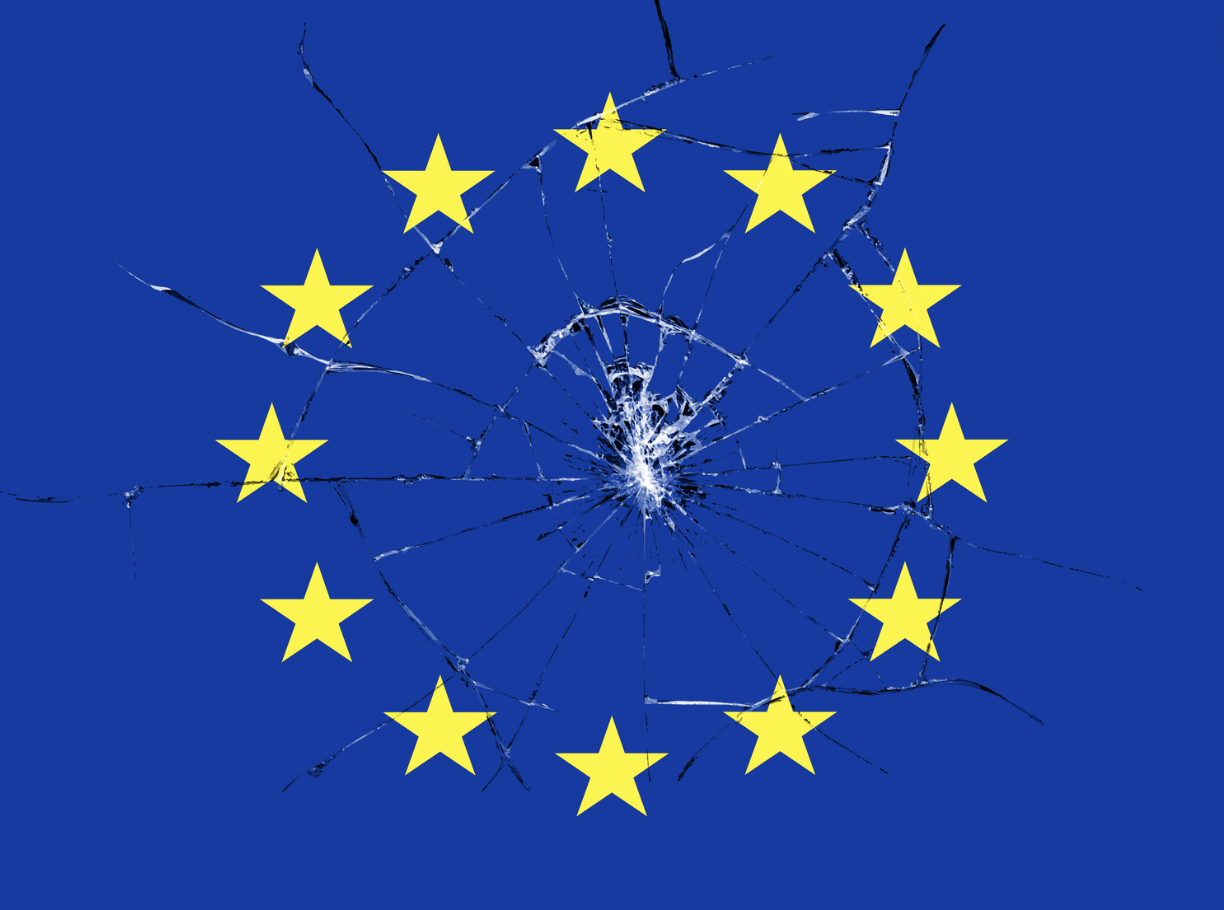Eurozone business activity experienced a contraction in September, although the decline was less severe than initially projected, according to a recent survey that indicated a decrease in inflationary pressures. The HCOB composite Purchasing Managers’ Index (PMI), compiled by S&P Global and regarded as a reliable indicator of overall economic health, fell to 49.6 in September, down from 51.0 in August.
A Shift into Contraction
The latest figure slipped below the crucial 50-mark that separates growth from contraction for the first time since February, though it was notably above a preliminary estimate of 48.9. The PMI for the eurozone’s dominant service industry also declined, dropping to 51.4 last month from 52.9 in August but still surpassing the flash reading of 50.5.
Mixed Signals in the Services Sector
Cyrus de la Rubia at Hamburg Commercial Bank commented on the services sector’s performance, stating, “At first glance, the services sector in the euro zone seems to be holding up fairly well. It’s still growing, and the slowdown is not too steep just yet.” However, he noted that a closer examination reveals a more troubling scenario across individual countries, with only Spain showing positive growth trends. In contrast, business activity in France slowed after the Olympic effect, while growth in Germany and Italy nearly stalled, according to earlier data.
Marginal Increase in Charges
Despite the contraction in overall business activity, firms in the region reported only a marginal increase in charges last month. The composite output prices index decreased to 51.5 from 53.0, marking its lowest point since early 2021. Inflation within the eurozone fell to 1.8% in September, dipping below the European Central Bank’s 2% target. This decline reinforces the argument for a potential interest rate cut later this month, as indicated by official data released on Tuesday.
Declining Demand for Services
The outlook for services remains concerning, as demand appears to be diminishing. The new business index fell below the breakeven point, hitting an eight-month low of 49.7, down from 51.2. This suggests that there will be no immediate turnaround in business conditions within the eurozone, raising concerns about the overall economic trajectory in the coming months.





